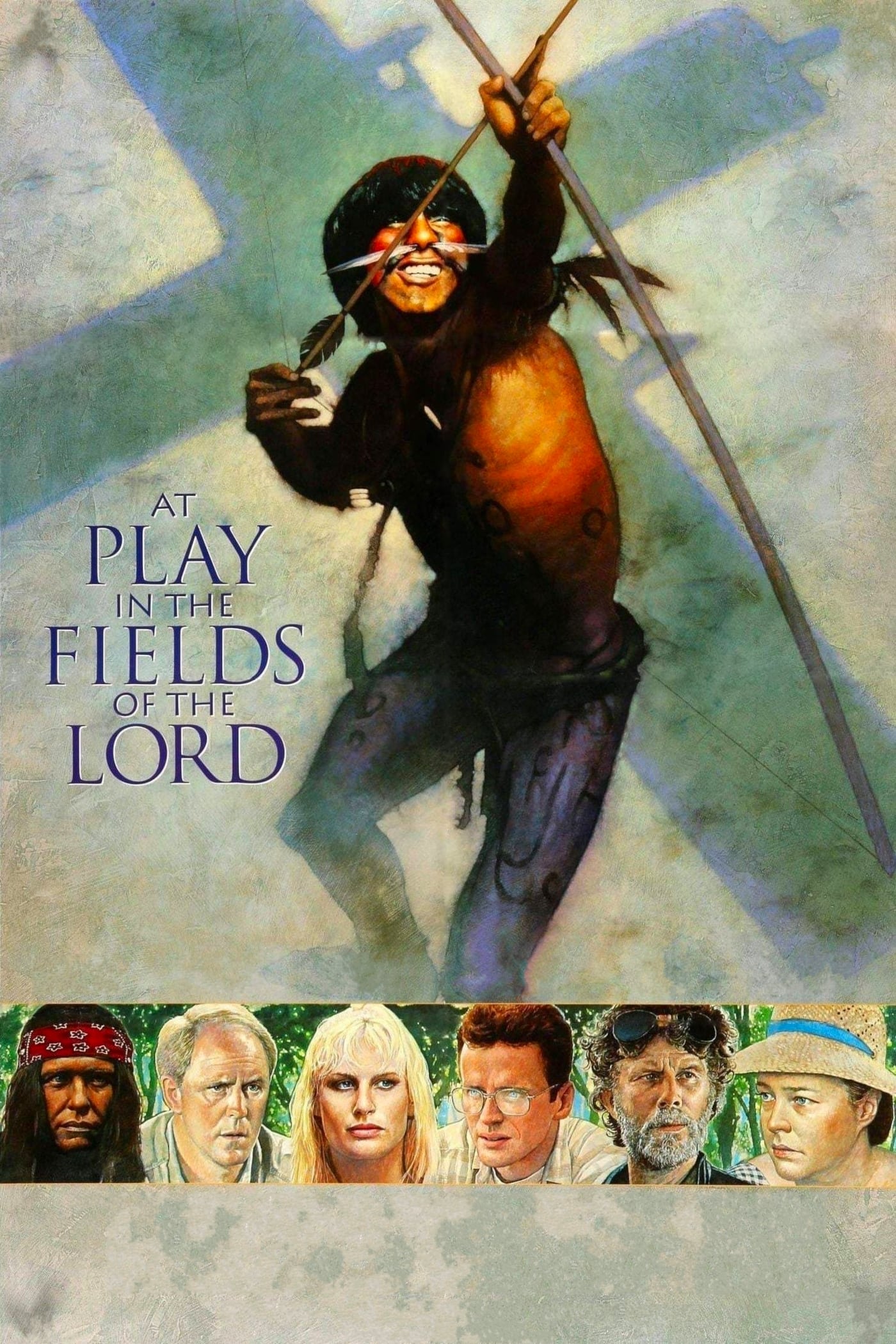
Martin and Hazel Quarrier are small-town fundamentalist missionaries sent to the jungles of South America to convert the Indians. Their remote mission was previously run by the Catholics, before the natives murdered them all. They are sent by the pompous Leslie Huben, who runs the missionary effort in the area but who seems more concerned about competing with his Catholic 'rivals' than in the Indians themselves. Hazel is terrified of the Indians while Martin is fascinated. Soon American pilot Lewis Moon joins the Indian tribe but is attracted by Leslie's young wife, Andy. Can the interaction of these characters and cultures, and the advancing bulldozers of civilization, avoid disaster?
16 May At Play in the Fields of the Lord (1991)
Multiple Stadia
Sometimes I would rather have an ambitious project that fails rather than something simple that succeeds.
But that is not the same as comparing something incoherent to careful focus. This project tries too much, has too much narrative, opens too many levels and integrates poorly among them. There is a case to me made for introducing dissonance into the form to communicate confusing tensions. Some deep experiences come by that route. But this is simply too much unstitching.
The thing is shot in the Amazon, with quite genuine-seeming natives. We are not supposed to notice that the theatrical conventions they use to communicate with us are quite different than those they among themselves. Now that would have made an interesting film. Instead, an American Indian from a genre rather than real life walks into their village and is integrated, posture, gestures, an understanding of the social compact.
According to one usual slice through reading a film, the larger situation between the two cultures is supposed to illuminate the three troubled romances we see. This “folding” of narrative from societal to personal issues is common enough, but it depends on a simplified clarity in the larger conflict. Elsewhere, we have civilization versus indigenous, greed versus innocence, pollution versus environmental purity, genuine versus fake identities, real versus false religions. Here we have all these in a muddled stew. Sure, that is the way life often is, but when you form a template for exploratory drama, the template must be visible.
In the personal, we have repressed fundamental blindness and natural (jungle) sexual flows. While there are some actorly spectacles here, none of that rings true, nor does it capture us.
Posted in 2010
Ted’s Evaluation — 1 of 3: You can find something better to do with this part of your life.


No Comments